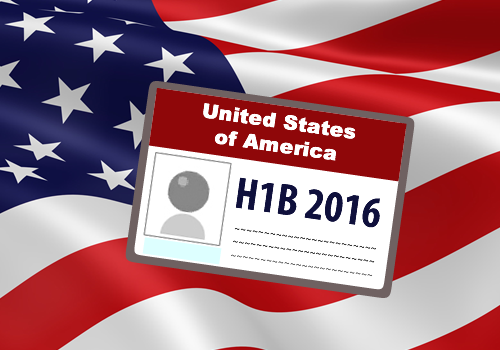 October 1 is a significant date in government because it is the beginning of the fiscal year. It is also the date that the majority of cap-subject H-1B individuals begin their positions with H-1B status. There are always developments in H-1B visas to keep abreast of, so that employers can remain compliant. The Public Access File is a major part of that. Knowing whether an employee should be subject to certain taxes, such as FICA, is another.
October 1 is a significant date in government because it is the beginning of the fiscal year. It is also the date that the majority of cap-subject H-1B individuals begin their positions with H-1B status. There are always developments in H-1B visas to keep abreast of, so that employers can remain compliant. The Public Access File is a major part of that. Knowing whether an employee should be subject to certain taxes, such as FICA, is another.
The recent news in the H-1B world is that the fee penalties of Public Law 111-230 have sunset. H-1B and L-1 petitions that are filed on or after October 1 are not subject to this fee anymore.
In 2010, President Obama signed Public Law 111-230 into effect. This law increased the fees that certain employers had to pay to file some H-1B and L-1 petitions. Employer petitioners who employed 50 or more employees in the United States with more than 50% of its US workforce in H-1B or L-1 nonimmigrant status had to pay $2,000 for the filing of each petition. This fee existed on top of the normal filing fee, Fraud Prevention and Detection Fee, and American Competitiveness and Workforce Improvement Act fees.
